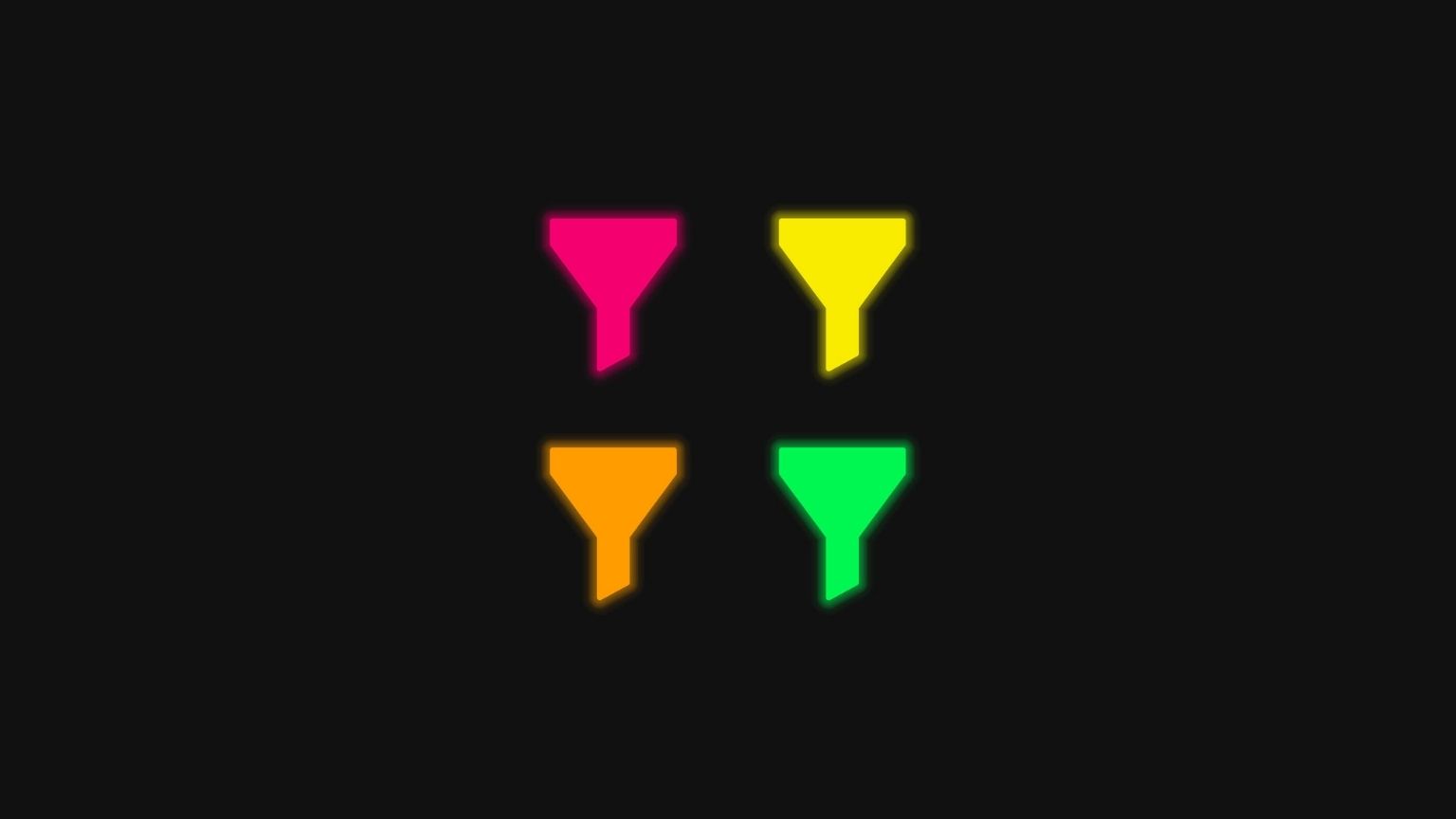In 2019, the European Parliament passed a new Copyright Directive to keep up with the current digital space. The directive contains a controversial Article 17 that requires online services to uphold copyright by licensing content or taking down content that violates copyright.
The provision has been opposed because its requirement for “upload filters” t0 scan all content uploaded to the internet and could lead to unnecessary content takedowns, more surveillance, and threats to free speech.
Protesting did not stop the legislation. So, Poland petitioned the Court of Justice of the European Union to annul Article 17, arguing it could violate EU citizens’ freedom of expression.
Last year, the EU Advocate General told the court not to rule in favor of Poland’s petition because “upload filters” would not necessarily infringe the freedom of expression.
On Tuesday, the court sided with the advocate general in its final decision. The court said that Article 17 has enough safeguards to protect the freedom of expression. It noted that content upload filters are required to differentiate between legal and illegal content, Torrent Freak reported.
“The EU legislature… laid down a clear and precise limit on the measures that may be taken or required in implementing the obligations laid down in that provision, by excluding, in particular, measures which filter and block lawful content when uploading,” CJEU wrote.
The court insisted that online services are only required to remove content that violates copyright, and copyrighted works could still be used for pastiche and parody.
The court also said that member states should maintain a balance between the rights of citizens and copyright holders while adopting the law into their national laws.
“Member States must, when transposing Article 17 of the Directive into their national law, take care to act on the basis of an interpretation of that provision which allows a fair balance to be struck between the various fundamental rights protected by the charter of fundamental rights,” CJEU wrote.
According to Torrent Freak, the ruling does not completely stop the debate surrounding Article 17.
“The next step is to wait for actual lawsuits where the language is put to the test,” the outlet wrote. “These may eventually find their way to the EU’s top court as well, for further interpretation and fine-tuning.”













